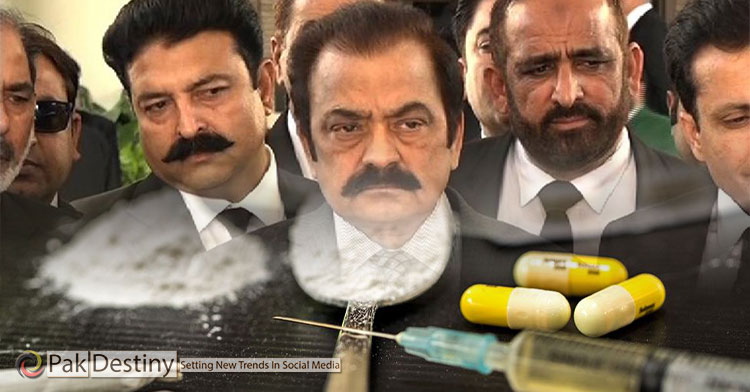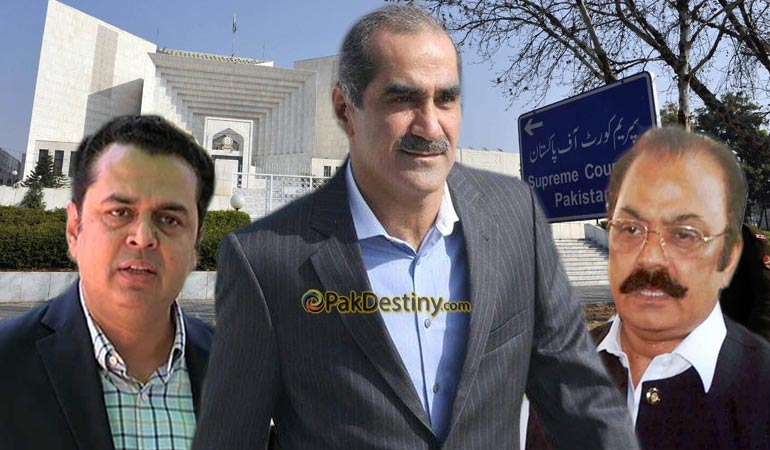
By Raza Ruman
This style of booking opponents in ‘drug cases’ seems to be fast picking in the country. PMLN Rana Sanaullah was not the first politician who faced fake drug case not the son of the lawyer representing PDM MNA Wazir Ali is the last. The authorities concerned should take notice of this and do the needful.
The last such episode vividly portrayed by Dawn
The paper writes —When the citizens’ trust in the state and its workings begins to decrease, even routine incidents are eyed with mistrust and suspicion. Something similar happened when the Rangers in Karachi raided the home of a lawyer and arrested his son on charges of possessing drugs. The incident became a flashpoint between the state agency, judiciary and the lawyers’ community. What complicated the situation — and possibly injected a dubious motive into it — was the fact that the lawyer whose son was arrested also represents PTM MNA Ali Wazir who himself remains under detention. As a reaction to the raid, lawyers did what lawyers now do as a standard operating procedure: they boycotted the courts and refused to appear before the judges. When the lawyer’s son was brought before a magistrate, the lawyers vociferously demanded that he be given bail. Consequently, the magistrate turned down the request of the police for his remand and allowed bail.
The matter however appears to be graver than the case of one lawyer’s son being picked up from his home. It may well be that it was sheer coincidence that this happened to the son of the lawyer who represents Mr Wazir, but such is the level of mistrust in state agencies and the legal process as it pertains to the case of the South Waziristan MNA that motives start to be questioned. The Supreme Court has granted bail to Mr Wazir in one case; but he remains behind bars because he has not been given bail in the other cases against him. Although an elected representative, he has not been allowed to attend the proceedings of the National Assembly which is possible if the speaker issues his production orders. The charges against him are considered flimsy and it is widely perceived that he is being kept in detention because of his criticism of the security establishment. The authorities need to review his case. They should realise that the treatment being meted out to Mr Wazir reinforces many stereotypes at a time when these need to be done away with. His treatment also alienates a large number of citizens from the state. A more nuanced approach that is aimed at addressing grievances not fanning them would serve the interests of everyone. For this to happen however, those at the helm of state affairs will need to step back and view the situation dispassionately and without preconceived notions.
It time to stop this kind of witch hunting. PAK DESTINY






